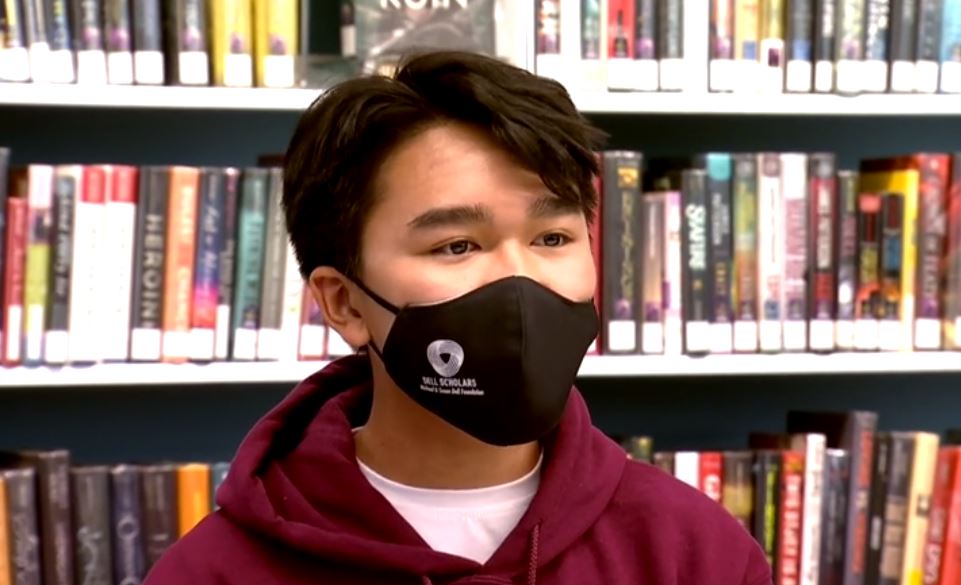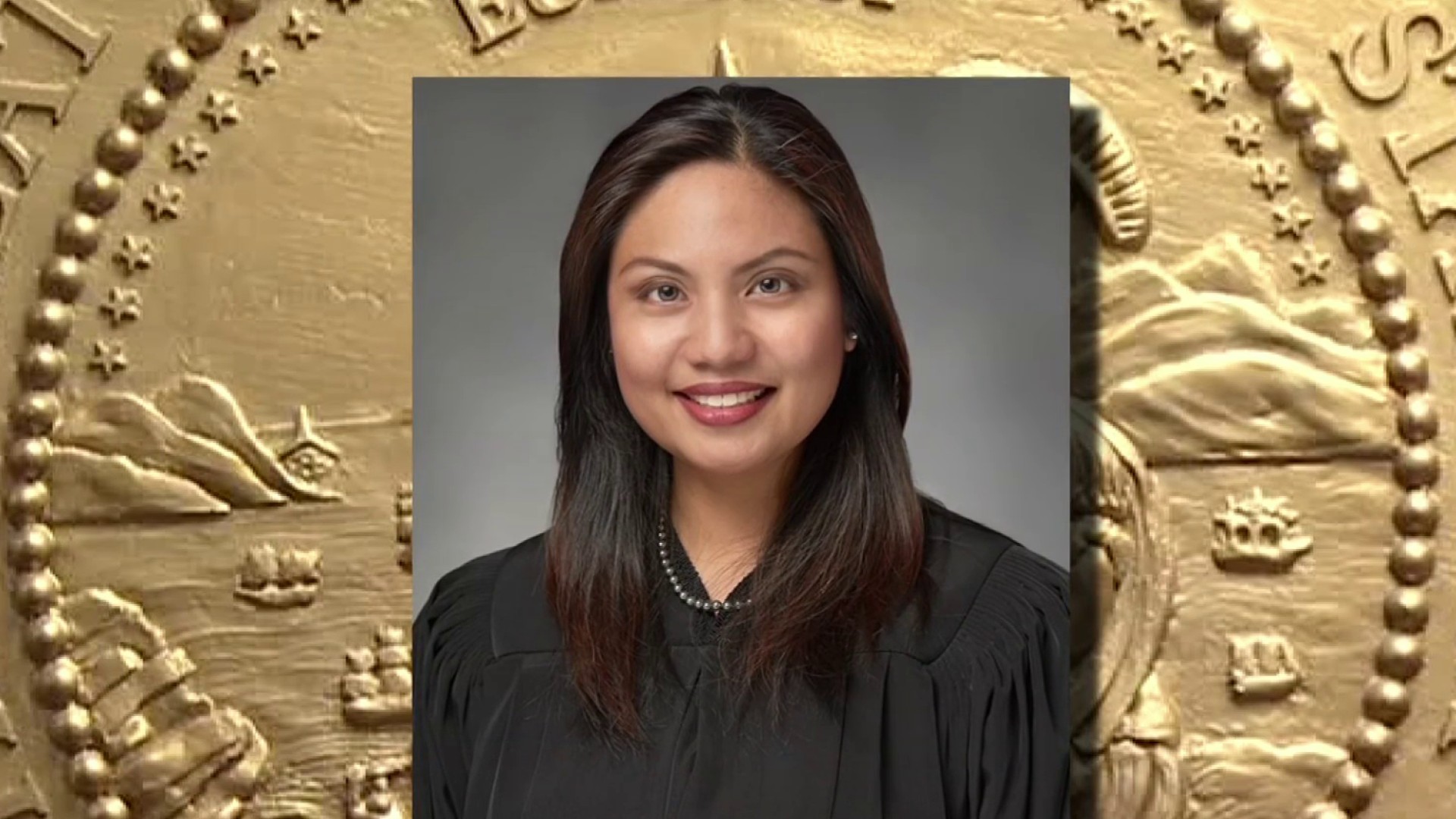When Mika Kubo was a child she would line up her toy animals on the stairs and pretend they were actors or the audience in a show.
Kubo was born in Berkeley, California, but she and her family moved to Quintana Roo, Mexico, near Cancun, when she was one month old.
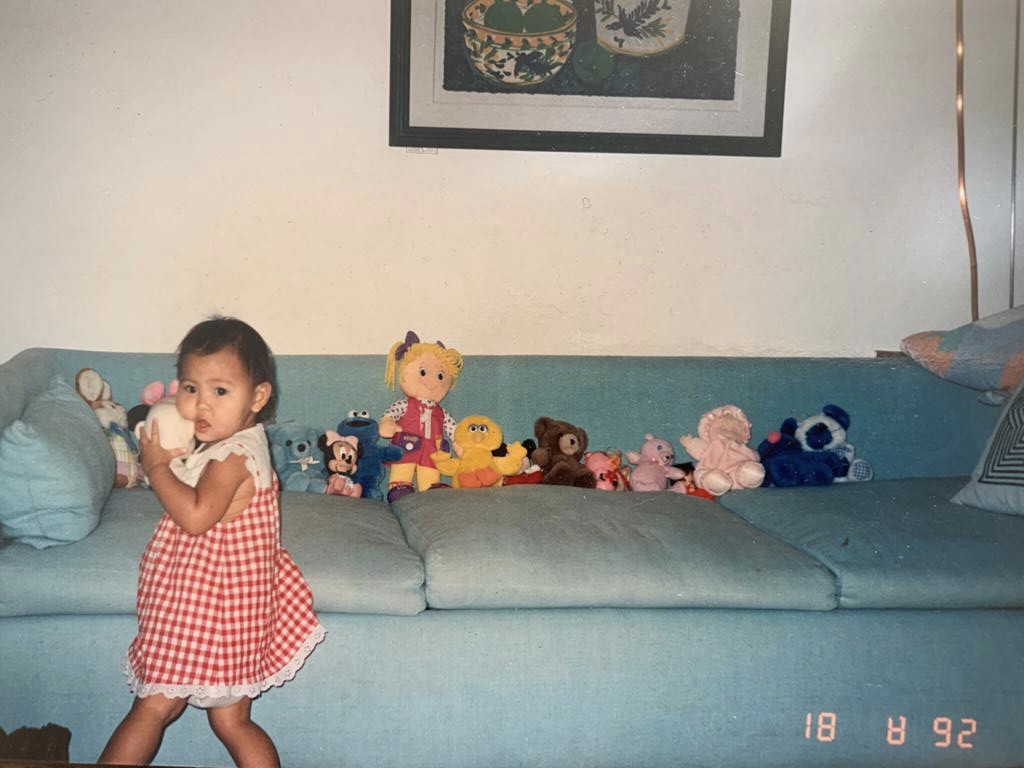
Her mother is Japanese. Her father is of Japanese descent, but several generations ago his family immigrated to Mexico, where he was born.
Get top local stories in San Diego delivered to you every morning. Sign up for NBC San Diego's News Headlines newsletter.
Kubo grew up speaking Spanish and benefited from the riches of both of her parents' cultures including the food that they ate.
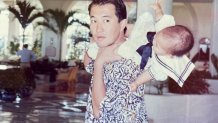
"I mean literally maybe hundreds of people at my house congregated at the time and my Mom would cook these like ginormous meals of Japanese food, sometimes Mexican food sometimes... making yaki soba and, you know, sushi and all these different things, " Kubo said.
AAPI Heritage Month
More stories from NBC 7 San Diego showing the strength of the AAPI community.
My mom would cook these like ginormous meals of Japanese food, sometimes Mexican food.
Mika Kubo, actress
But even though food created a sense of community, for Kubo, it also highlighted the challenges of growing up among two cultures.
Kubo described how she was taunted in school because of her looks. She felt excluded and bullied.
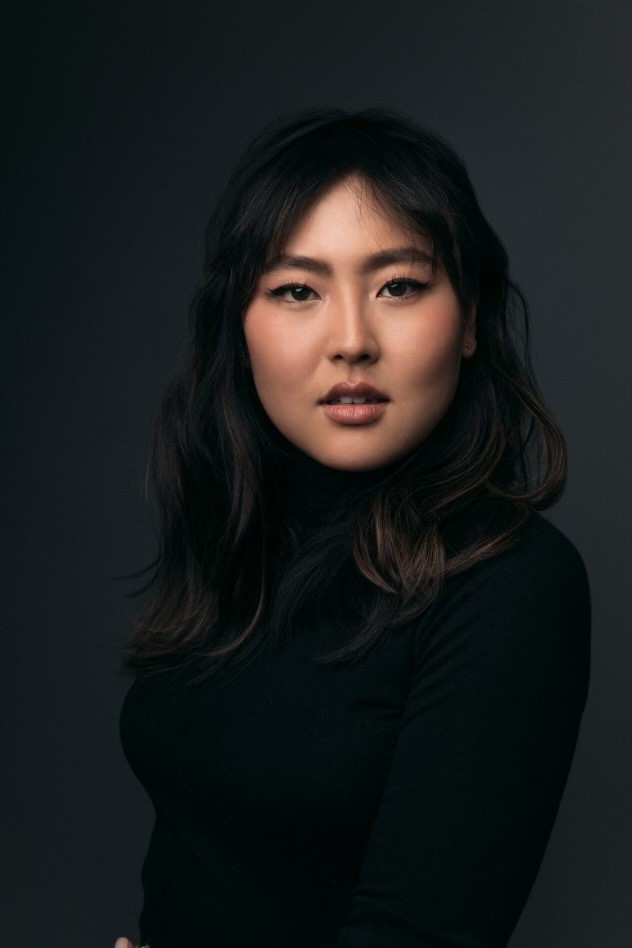 Alejandro Ibarra
Alejandro IbarraKubo described how it made her uncomfortable: "You know sometimes it was a little microaggression. Sometimes it's just, you know, with the pulling of the eyes or with, you know a little song that was very racist at the time that, you know, kids in the playground would say."
She moved back to the U.S. at the age of 12 and learned English from taking ESL classes.
She said her mom always told her she was born for the arts and enrolled her in theater and dance classes.
You know sometimes it was a little microaggression... with the pulling of the eyes.
Mika Kubo , actress
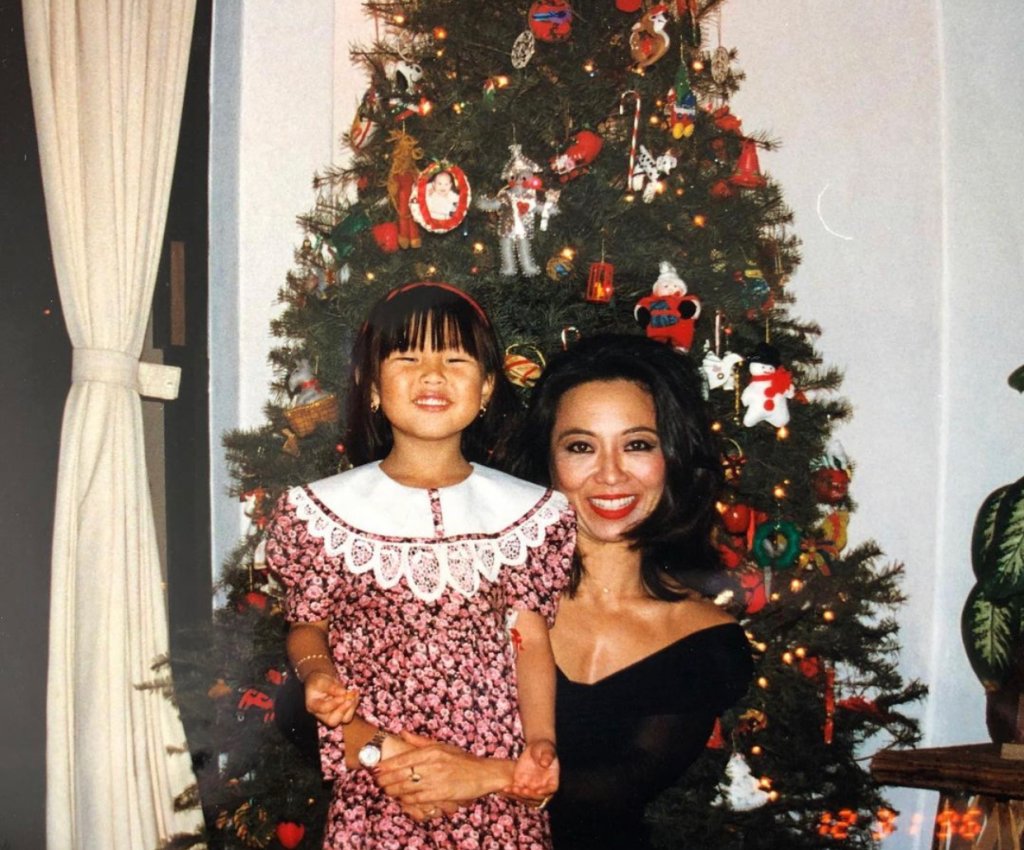
But her desire for performance took a turn when she entered college where she learned, after being bullied as a child, that speaking up for what's right, is the right thing to do.
"I actually studied Peace and Conflict Studies at UC Berkeley and I went into more, like, humanitarian work and social activism for the first half of my career," said Kubo.
"I found that, you know, you don't have to be a huge name, don't have to be famous to start advocating. I think, you know, if you see something say something," she added.
She eventually took that inner voice to build empathy and turned her childhood playtime dreams and effervescent personality into a blooming acting career.

Just within the last three years the rising star captured roles in the Transformers movie , "Bumblebee," Netflix's "Monkart," "Float" on Disney+ and major household name-brand commercials like Apple and Pepsi.
And in her latest role in the hit Telemundo dramedy, "La Suerte de Loli" or "Loli's Luck," Kubo is doing just what she aims to do, by being cast in a role that she believes is breaking stereotypes.
Kubo is sharing the screen with big-name telenovela stars Silvia Navarro, Gaby Espino and Osvaldo Benavides.
"I grew up watching telenovelas, like that is honestly how I learned about like, love and betrayal and divorce and all the things and so you know, when this opportunity arose, I got cast for the pilot actually, something completely different, " said Kubo with wide-eyed enthusiasm.
In her new role in "La Suerte de Loli" Kubo plays the best friend of Paulina (Gaby Espino) and said she doesn't feel typecast.
I'm always very stereotyped, I always, you know, OK, like, we're looking for a girl but she has to be Chinese, so I've had to learn how to put on a Chinese accent on my Spanish.
Mika Kubo, actress
"I'm always very stereotyped, I always, you know, okay, like we're looking for a girl but she has to be Chinese, so I've had to learn how to put on a Chinese accent on my Spanish," adds Kubo.
Kubo said through acting and by telling stories, she can fulfill her need to advocate for others because she knows what it's like to be on the other side.
"At the end of the day, I feel like (that is) what this medium should be," she added.
Kubo hopes that her story opens up a positive discussion about how diversity can be a tool for change.
"La Suerte de Loli" airs on Telemundo 20 Monday through Friday at 9 p.m.
Telemundo is owned by our parent company NBC Universal.

